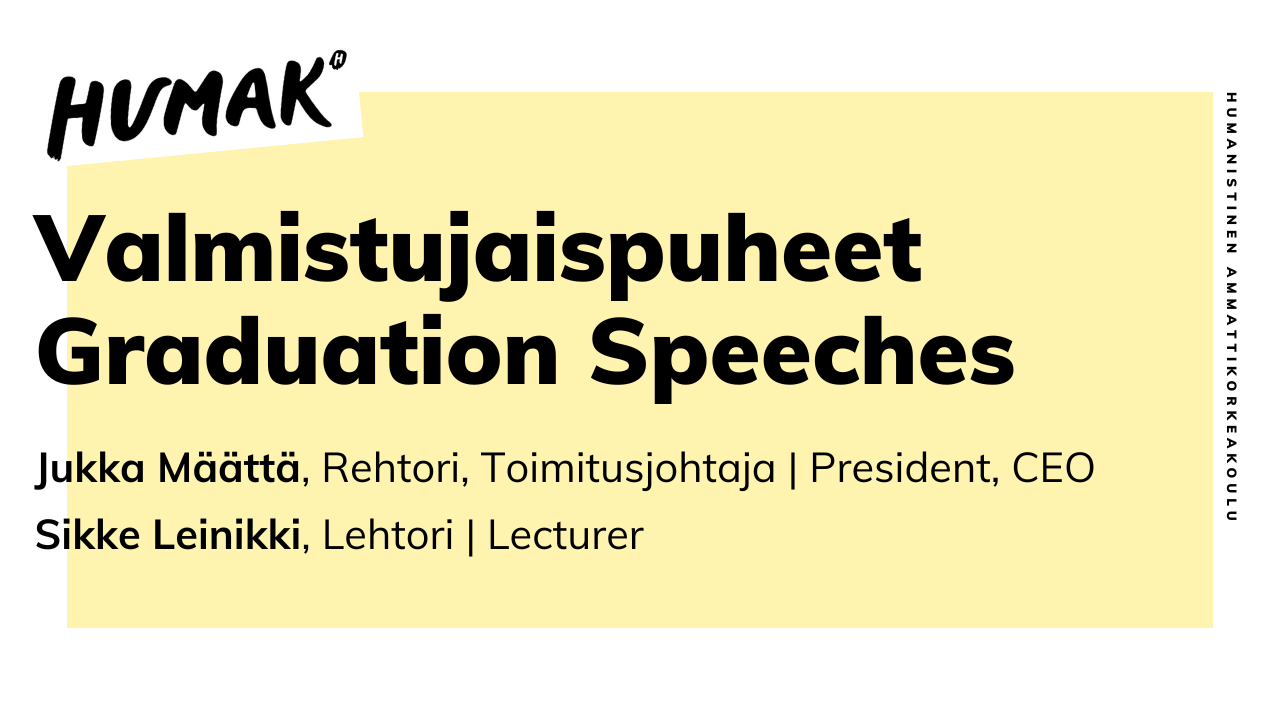The Working Environment is Changing

The growing need for workplace developers in society is based on the pressures created by the rapidly changing working environment, and also on state-level goals related to raising general skills.
The transformation of working life is changing the way we do work, work organisations and operating cultures. In a rapidly changing environment, in order to succeed, organisations must develop workplace activities, competencies, and organizational cultures.
Extensive Interaction and Development Skills are Needed
The impact of multiple simultaneous changing trends at the organisational level creates situations that require broad analytical understanding as well as interaction and development skills. We respond to this need with work community development competence training and RDI projects. Training and development work are based on the latest knowledge produced by interdisciplinary working life research and its application.
Workplace development is a unique field of competence in community pedagogical education. Due to the demand for education, the number of admissions has increased, and more study courses will be opened as Open University offerings. Our strategic goal is to become Finland’s leading educator in the development of work communities.
Students as Working Life Experts
Many students are employed. They represent a wide range of different sectors and professions in Finnish working life, from HR professionals to shop stewards and supervisors.
Student feedback positively emphasizes the importance of the diversity of the student community as a learning environment and enabler of networking. In order to increase the options available for students, pathway study offers will be expanded in the future and developed with more diverse content to meet the needs of different target groups. Digitization aims to ensure wide accessibility.
Humak-trained workplace developers have the necessary skills both to support workplace learning and to ensure the functioning of work communities. As professionals in interaction and development of working life, students support work communities in the various stages of their studies.
Workplace Development Priorities
The priorities of workplace development are:
- Developing productivity and organisational cultures,
- The diversity of workplaces and the extension of careers
- Ethical responsibility



